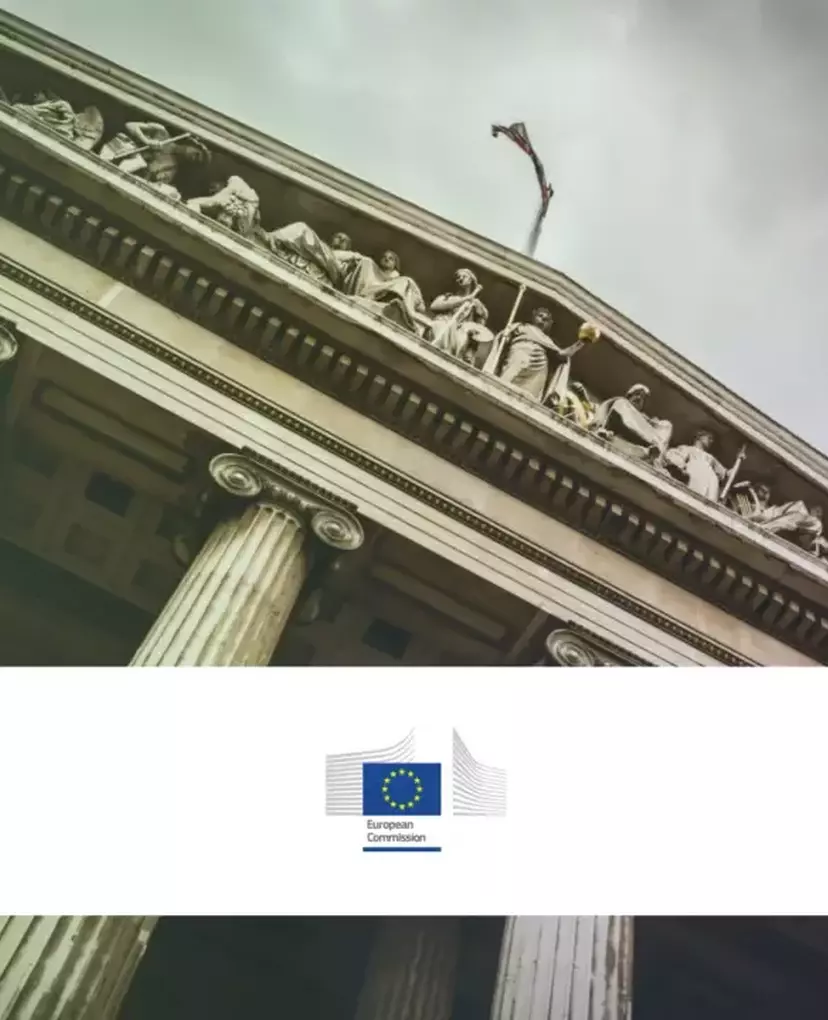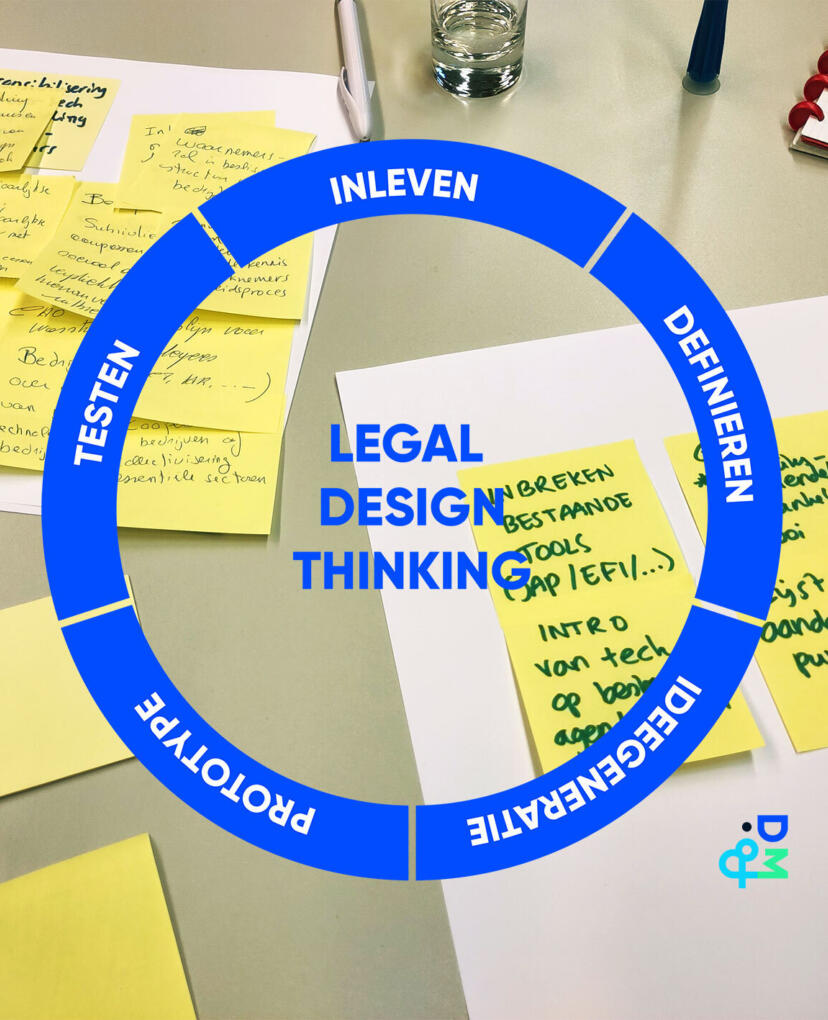The regulation of AI is of pressing national and international concern, yet often distracted by arguments concerning definitions and myths concerning the relevance of opacity to regulation. All software, and indeed all technological means of automating aspects of human industry and behaviour, are products of human action, and as such their production can be regulated to ensure sufficient transparency to hold their developer and operators accountable for mishaps. Indeed the processes necessary to ensure such transparency–including process audits–will reduce harms by encouraging compliance to ever-increasing standards of best practice. In this paper, I discuss social consequences of AI and digital technology, and both social and industrial benefits to coordinating their production through good governance.
Belgium - Federal Government Agreement 2025 - 2029
The Federal Coalition Agreement details the new federal government's plans to address critical challenges. This...



